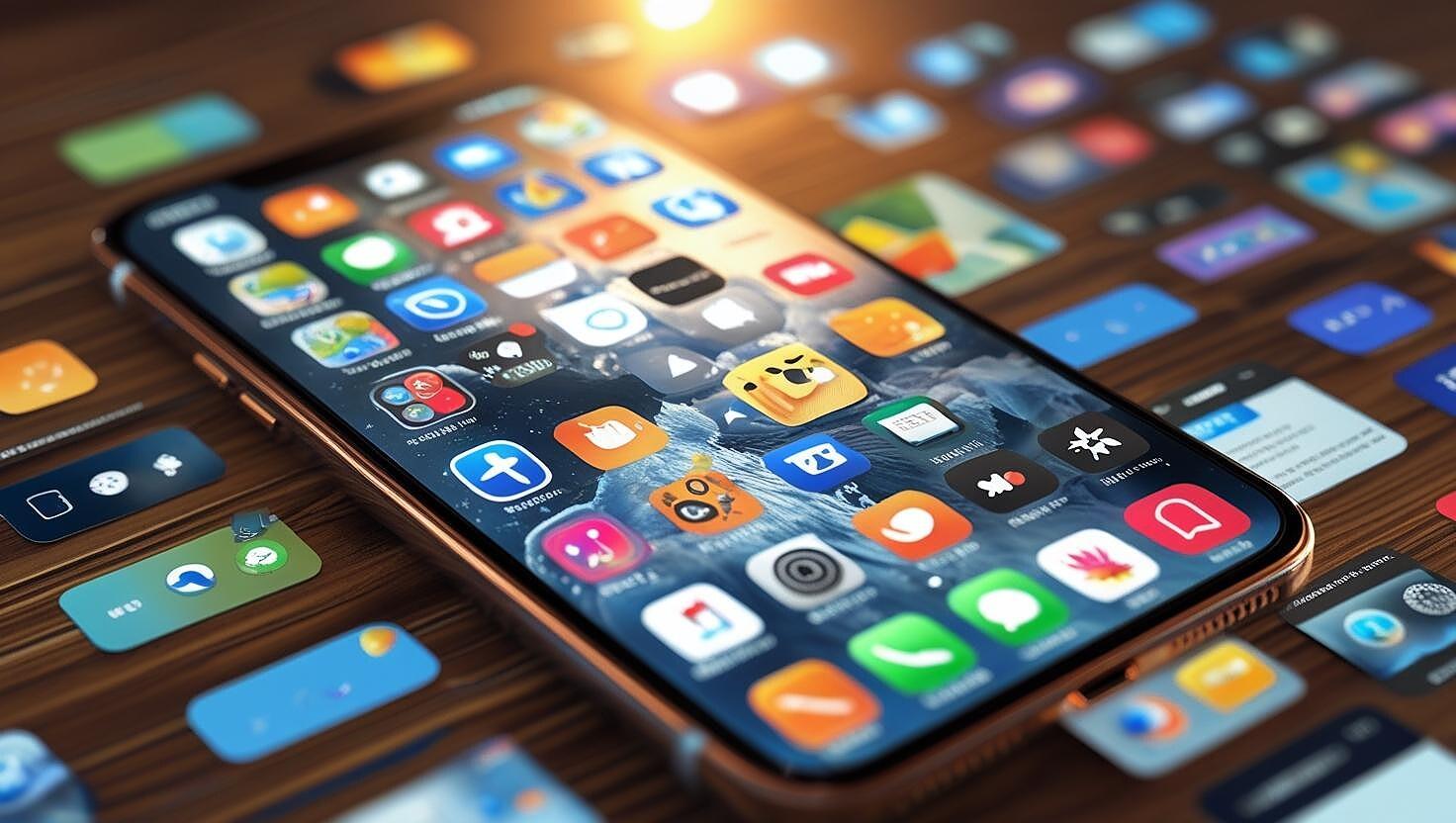
Technology and the Brain: Understanding the Impact of Digital Engagement
In today’s digital world, technology is integrated into nearly every aspect of our lives. Social media has become a primary means of communication, information gathering, and entertainment. But while these tools offer convenience and connectivity, they also raise important questions about their impact on our mental and emotional well-being.
Have you ever paused to consider how you feel after spending time on your phone? Are you genuinely uplifted, or do you walk away feeling distracted, depleted, or disconnected? These experiences are not unusual they are rooted in the way technology interacts with the brain.
Let’s examine the cognitive and emotional consequences of sustained digital engagement:
.jpg) 1.
The
Formation
of
Addictive
Patterns
1.
The
Formation
of
Addictive
Patterns
Social media platforms are engineered to be compelling. By activating the brain’s reward system, particularly through the release of dopamine, these platforms create cycles of instant gratification. Notifications, likes, and shares trigger short bursts of pleasure that encourage repeated engagement.
Over time, this can lead to behavior patterns that mirror those associated with addiction. Individuals may find themselves compulsively checking their devices, even in the absence of meaningful content or interaction.
 2.
Disruption
of
Sleep
Cycles
2.
Disruption
of
Sleep
Cycles
Exposure to blue light emitted by screens, especially in the evening, can interfere with the body’s natural circadian rhythm. This light suppresses melatonin production, the hormone responsible for regulating sleep, making it more difficult to fall asleep and stay asleep.
Consistent disruption of sleep can contribute to fatigue, irritability, and decreased cognitive performance, all of which impact both personal and professional functioning.
 3.
Impaired
Memory
and
Reduced
Cognitive
Focus
3.
Impaired
Memory
and
Reduced
Cognitive
Focus
Constant notifications and the habit of “multitasking” on digital devices can undermine the brain’s ability to concentrate and retain information. Frequent interruptions or distractions interrupt the memory consolidation process, weakening our capacity to store and retrieve knowledge effectively.
Moreover, over-reliance on digital tools for everyday tasks may reduce our innate problem-solving skills and ability to focus for extended periods.
 4.
Increased
Anxiety
and
Emotional
Distress
4.
Increased
Anxiety
and
Emotional
Distress
Social media encourages comparison, often exposing users to curated and idealized versions of other people’s lives. This can lead to feelings of inadequacy, self-doubt, and low self-esteem. The constant need to stay connected can also foster a sense of urgency and contribute to "FOMO" the fear of missing out.
These factors, combined, can elevate stress and anxiety levels, particularly among adolescents and young adults who are still developing critical emotional and identity-related capacities.
A Call for Intentional Use
While technology is a powerful tool, its effects on the brain call for more mindful and intentional use.
Consider taking the following steps:
Monitor your screen time to understand how much of your day is spent online.
Reflect on your emotional responses to different types of content.
 Create
space
for
genuine
connection.
Engage
in
face-to-face
interactions,
spend
time
in
nature,
and
participate
in
activities
that
bring
a
sense
of
meaning
and
fulfillment.
Create
space
for
genuine
connection.
Engage
in
face-to-face
interactions,
spend
time
in
nature,
and
participate
in
activities
that
bring
a
sense
of
meaning
and
fulfillment.
Technology is not inherently harmful, but its influence on brain function and emotional health should not be overlooked. By cultivating awareness and establishing healthy boundaries, individuals can leverage the benefits of digital tools while minimizing their adverse effects. In doing so, we open the door to a more balanced, focused, and connected way of living, one that supports both cognitive well-being and authentic human connection.
-Julie "Brain Lady" Anderson
